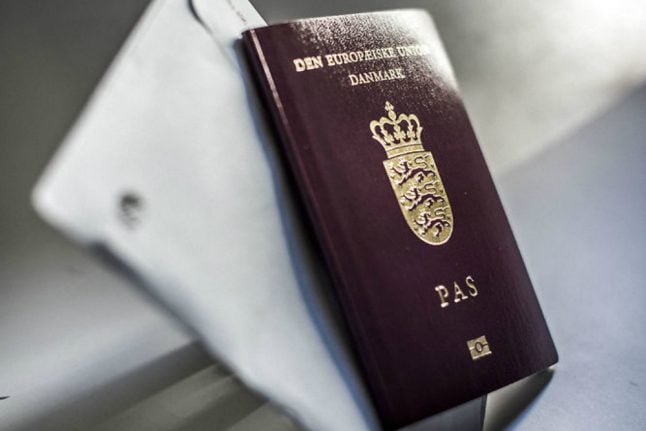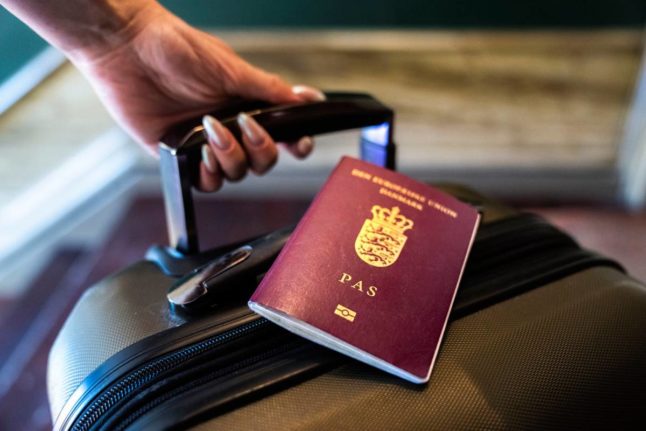Denmark’s coalition government will on Wednesday begin talks with its parliamentary ally DF, as well as the opposition Social Democrats, on new rules for citizenship applications.
“It is very good that curbs in this area, something that was unthinkable a few years ago, are now being proposed by the government,” DF’s citizenship spokesperson Christian Langballe said.
The party is hoping to persuade immigration minister Inger Støjberg to go even further than the proposals the government has announced.
Those include requirements regarding self-sufficiency as well as bans on citizenship for individuals convicted of certain serious criminal offences including gang crime, crimes against children and sexual crimes.
The government also wants to provide for medical authorities that would be able to double-check applicants’ diagnosed health conditions.
New citizens would be required to participate in a ceremony in their local municipalities at which they would sign a pledge to obey Denmark’s constitution, should Støjberg’s proposal be accepted.
“With this proposal we want to make it quite clear that that there is something quite special about becoming a Danish citizen,” the minister said in a press statement.
“The government wants Danish citizenship to be given only to those foreigners who have been here for many years, and who have clearly shown that they are both capable of and want to uphold Danish society and Danish values,” she added.
Langballe said DF would be advocating its own ideas during the upcoming discussion.
“Our key demand is an annual limit of 1,000 persons on new citizenships, whereby there will be a premise that people from Western cultures are given a higher ranking,” Langballe said.
“We also want a ten-year trial period in which if a serious crime is committed, citizenship can be withdrawn,” he added.
Josephine Fock, spokesperson for integration and immigration with the opposition Alternative party, said Støjberg had misunderstood the idea of citizenship.
“Right now it is being made more and more difficult to become a Danish citizen. Therefore, we have many people who live in Denmark for many years and never become Danish citizens,” Fock said.
“That benefits neither the people in question nor Danish society,” she said.
READ ALSO:



 Please whitelist us to continue reading.
Please whitelist us to continue reading.